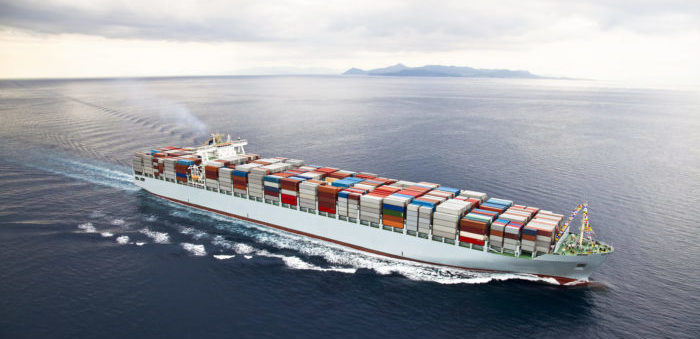Hyundai Merchant Marine expects uncertain results over cargo volumes to continue in 2019, because of multiple, global economic factors. The uncertainty is based on the global economic slowdown, Brexit and the US-China trade war.
According to the company, liners’ burden of high fuel costs will increase due to the US sanctions against Iran, OPEC agreeing to cut oil production, and increase in demand of low sulfur fuel oil in preparation for IMO 2020.
Specifically, the company accomplished a total revenue of KRW 5.22 trillion for 2018, rising by 4% year-on-year, while volumes rapidly increased by 10% to 4.46 million TEU.
HMM’s operating loss for 2018 was at KRW 576.5 billion.
[smlsubform prepend=”GET THE SAFETY4SEA IN YOUR INBOX!” showname=false emailtxt=”” emailholder=”Enter your email address” showsubmit=true submittxt=”Submit” jsthanks=false thankyou=”Thank you for subscribing to our mailing list”]
In general, the freight rates remained weak because of a delay in regional rate recovery, volume decrease resulting from Iran sanction, and continuous competition in regional market.
Burden of fuel costs also increased in the container sector, as fuel costs dramatically increased compared to 2017.
During Q4 of 2018, the company reassured of financial liquidity by issuing perpetual bonds of KRW 1 trillion and acquired investment assets including eco-friendly mega containerships.
Moreover, the company noted that it will continue its efforts to secure additional cargoes to fill the newly-ordered 20 eco-friendly mega-containerships until delivery.
HMM signed the final contracts for the mega vessels with three shipyards in September 2018. The units are scheduled to start joining the owner from the second quarter of 2020.




























































